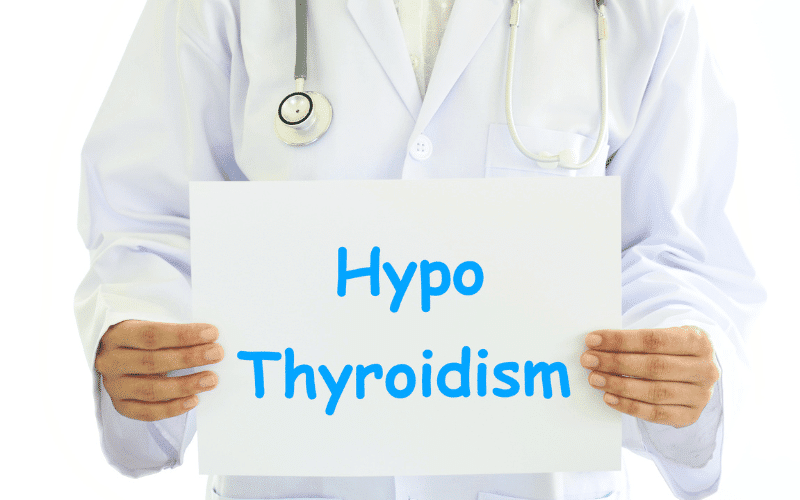Cause 6. Hypothyroidism: The Slowdown of the Body’s Metabolism

Hypothyroidism, a common health condition where the thyroid gland does not produce enough hormones, is a critical yet overlooked cause of excessive sleepiness. A small butterfly-shaped gland located at the base of your neck, the thyroid is a potent part of the body’s endocrine system. Its primary function is to secrete hormones that regulate growth, development, and metabolism. When this gland underperforms, it gives rise to a condition known as hypothyroidism.
In hypothyroidism, the lack of sufficient thyroid hormones slows down the body’s metabolic processes. These hormones—triiodothyronine (T3) and thyroxine (T4)—are vital for maintaining the body’s energy balance. When levels drop, the body’s processes decelerate, leading to symptoms like fatigue, lethargy, and excessive sleepiness. Think of it as running a car with low fuel—it won’t go at full speed, and it won’t cover much distance.
Moreover, hypothyroidism’s impact extends beyond mere fatigue. The condition can manifest in several ways, including weight gain, depression, and a heightened sensitivity to cold. More severe symptoms can include a slower heart rate, constipation, dry skin, thinning hair, and even memory problems or issues with mental health. In women, it can also cause changes in menstrual cycles and fertility problems.
Diagnosing hypothyroidism typically involves blood tests that measure levels of thyroid-stimulating hormone (TSH) and sometimes T4. A high level of TSH and a low level of T4 in the blood could indicate an underactive thyroid. Once confirmed, treatment usually involves daily use of a synthetic thyroid hormone called levothyroxine. This oral medication restores hormone levels, reviving metabolism and reversing the symptoms of hypothyroidism. (6)